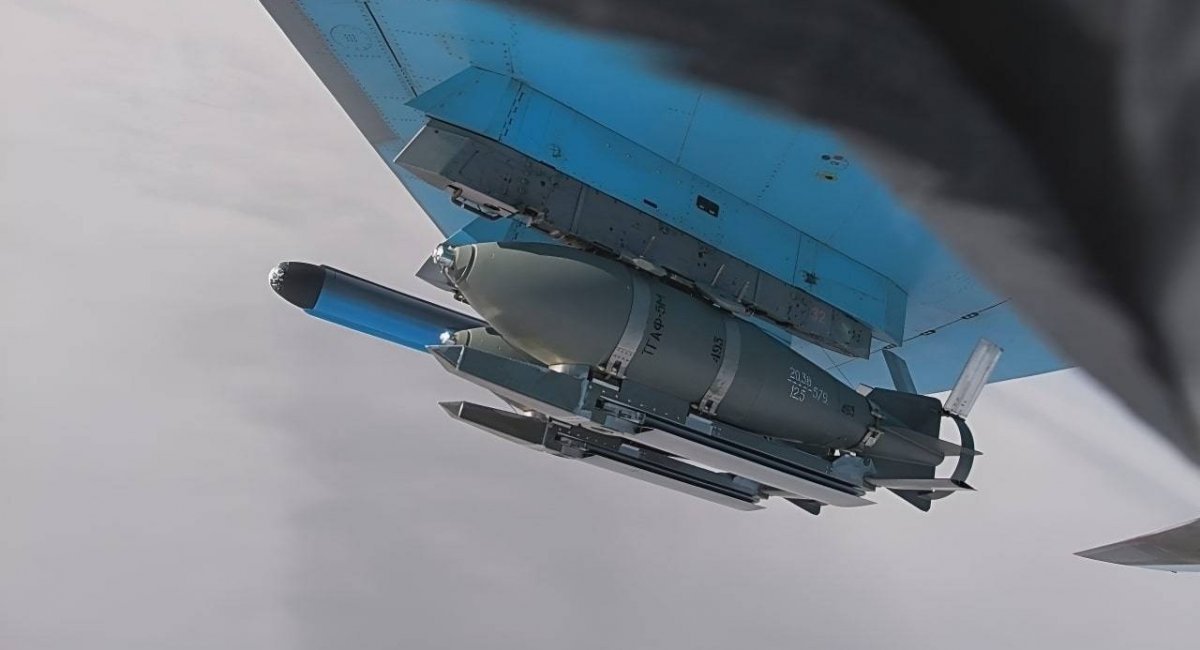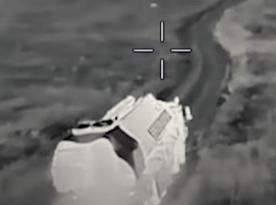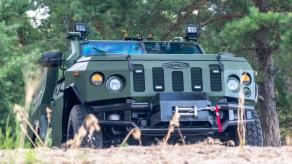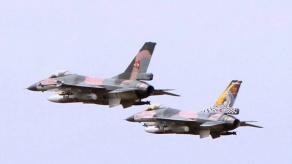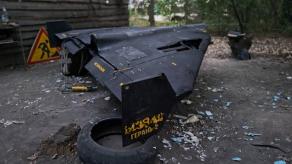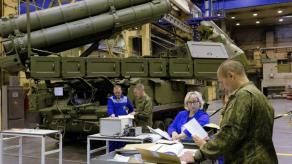For russia, the use of glide bombs, especially in the form of UMPC kits, has unfortunately become the ideal solution—an inexpensive, mass-produced means to strike targets at a distance of 60-80 km. The Armed Forces of Ukraine have no means to counter them, aside from the occasional use of the "wandering Patriot." There are also no capabilities for methodical effective strikes on their production site in the city of Korolyov in the Moscow region or on the aircraft on the ground.
And that is why the enemy is actively working to increase the range of UMPC use, particularly by utilizing FAB-500T. Against this backdrop, there is speculation that the enemy plans to extend the flight range of their so-called KABs to 150 km. This, in turn, would put cities like Poltava and Dnipro at risk from such weapons.
Read more: russia Upgrades UMPC System, Claims Increased Range
At the same time, the question of using such long-range versions of guided munitions remains debatable. For instance, examples of the drop range of American analogs can be cited. For example, the SDB I, when dropped at subsonic speed from an altitude of 12 km, has a range of 92 km. When using the Diamond Back wing from MBDA, the developer claims that the range increases to 111 km without specifying the parameters.
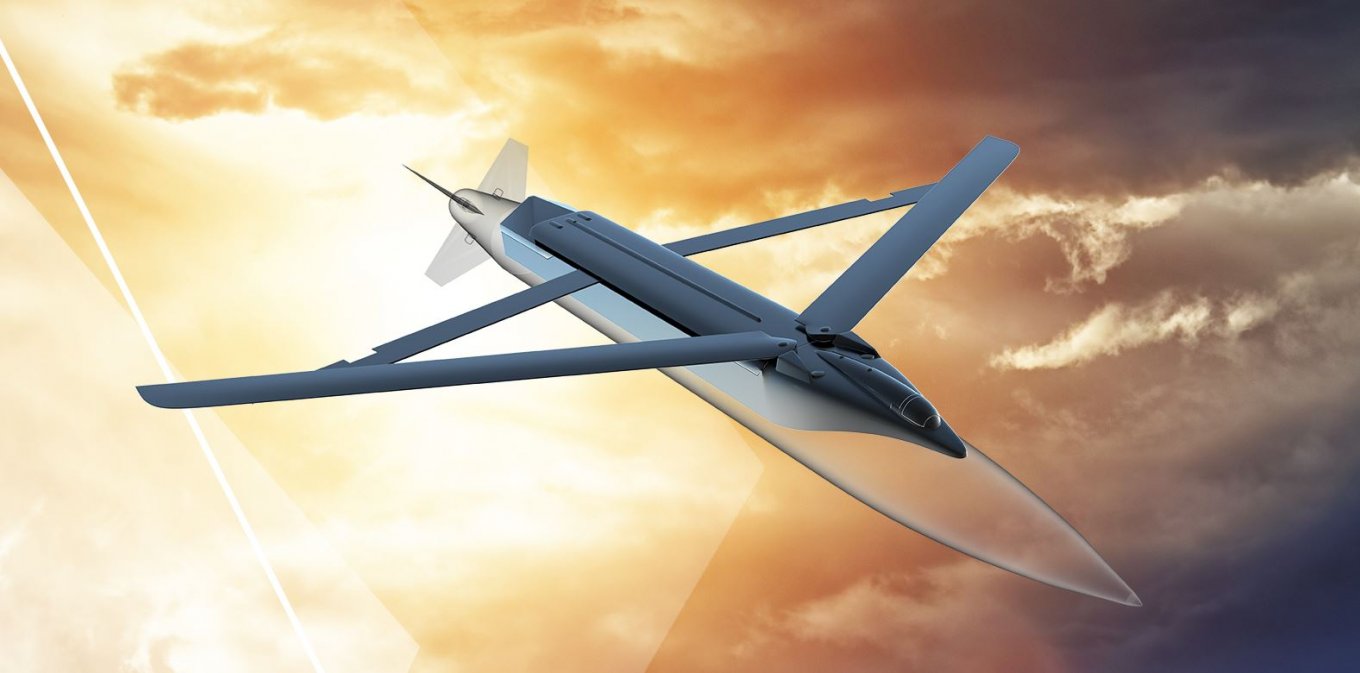
Information also appears that when dropped from 15 km and at supersonic speed, a record range of 137 km can be achieved. However, these are likely extreme conditions for using this munition, which may also require its reprogramming.
At the same time, the russian UMPC kits are a certain copy of the JDAM-ER. The American original, when dropped at subsonic speed from an altitude of 12 km, has a range of 72 km. In specialized sources, the maximum mentioned range is up to 92 km. This difference is due to the fact that the SDB is a specialized munition, while the UMPC or JDAM-ER is merely a kit for existing bombs with their aerodynamics.
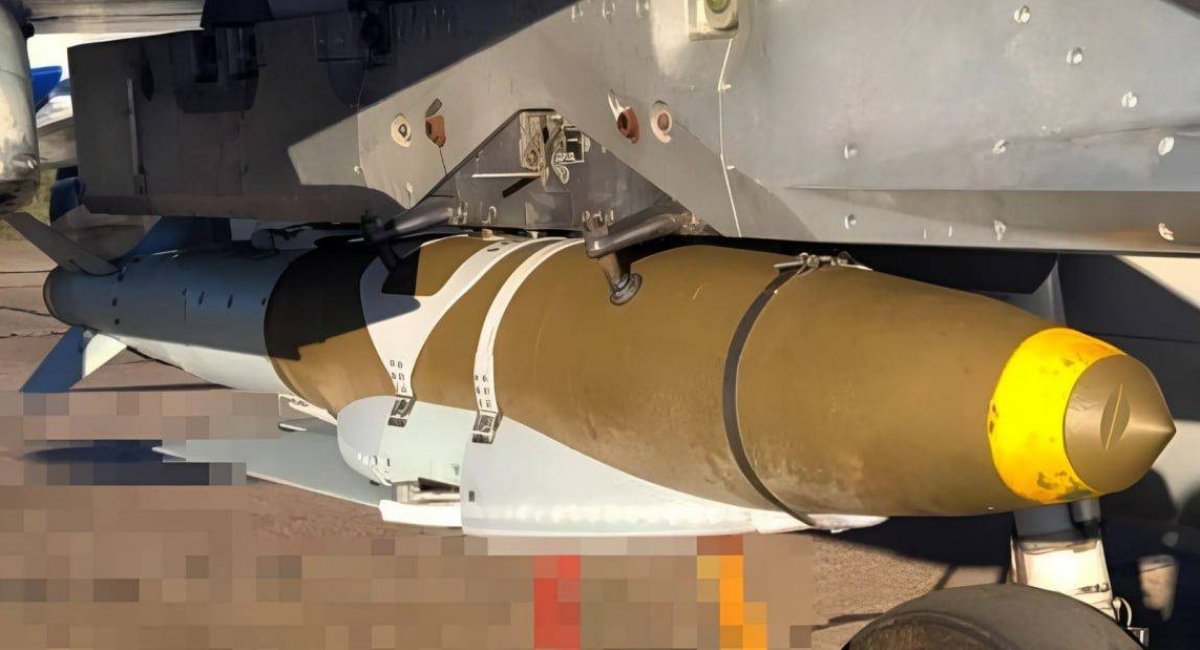
Therefore, to achieve greater range, the enemy uses the UMPB D-30, which has a range of about 90 km, based on a verified case. This munition not only has better aerodynamics but is also additionally equipped with a jet engine or rocket booster.
In this context, the enemy's production of UMPCs, which may have a range of 150 km, currently seems somewhat questionable. However, achieving such parameters could be feasible through specialized munitions designed for extreme high-altitude supersonic drops.
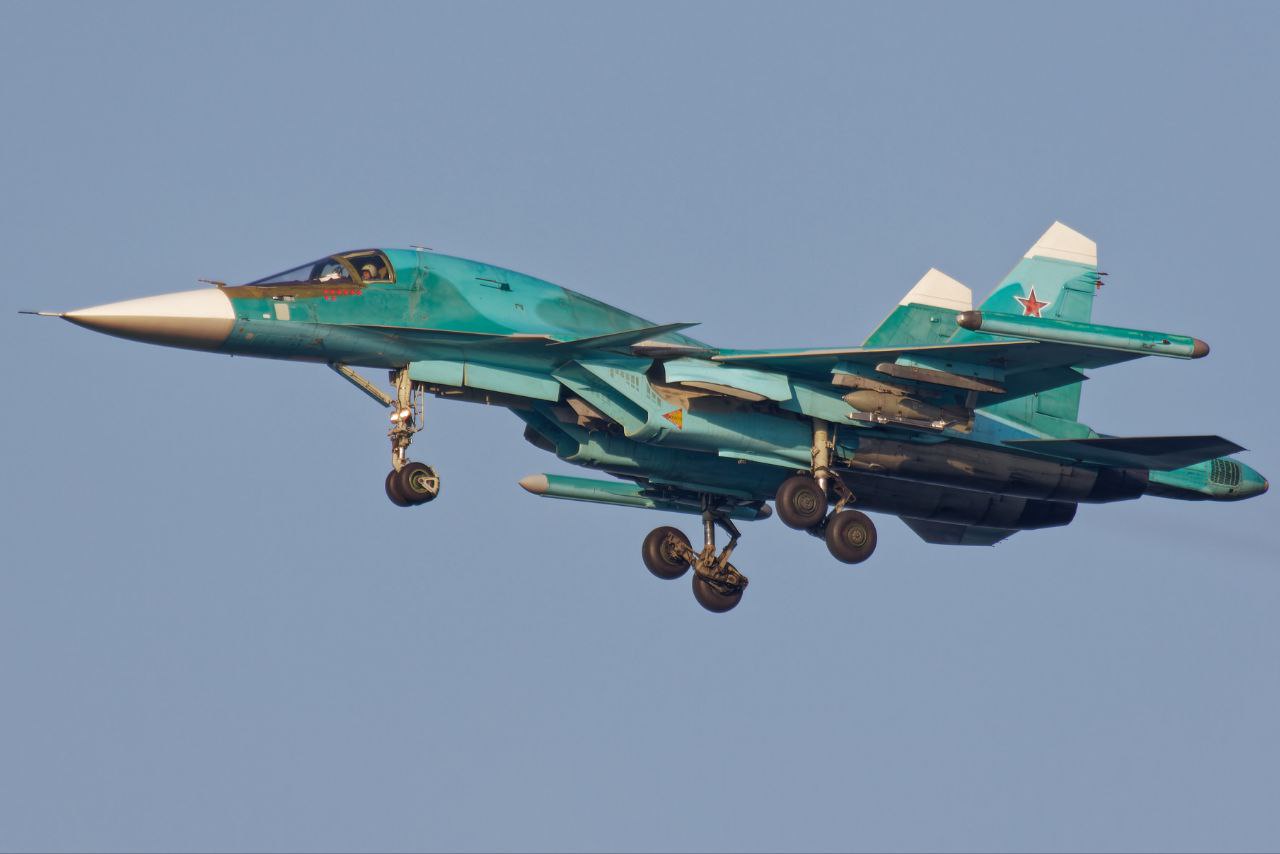
For example, the MiG-31 has a declared maximum speed of 3,000 km/h and a flight altitude of up to 22.5 km, or 30 km for dynamic ceilings (on a slope). The challenge is that such flight modes for the MiG-31 are extreme and resource-intensive, and the cost of munitions for such applications would also not be low. Therefore, while its emergence is possible, it is unlikely that such a capability would be considered practical in russia.
At the same time, there is another option to increase the flight range of UMPCs and JDAM-ER and similar kits: adding a small-sized jet engine. Boeing has been working on the Powered Joint Direct Attack Munition with a turbojet TDI J85 engine since 2023.
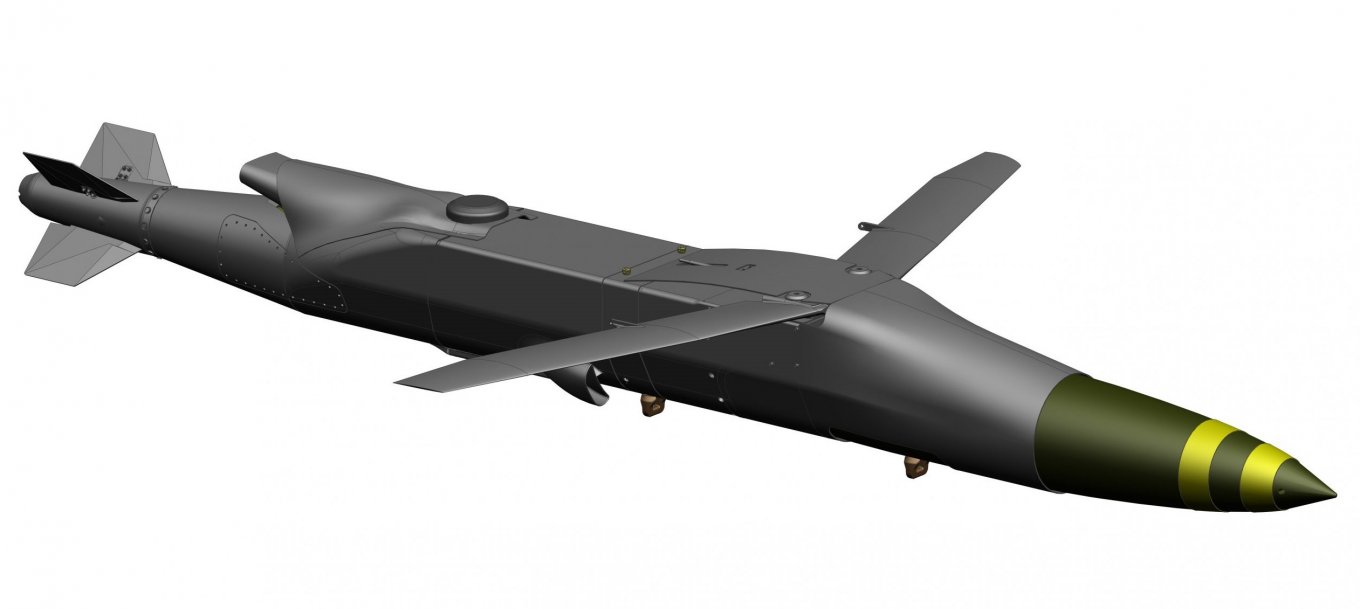
Thanks to it and the aerodynamic body, the range is declared to be over 500 km for a 250 kg bomb. The likelihood that russia will copy the American solution is quite significant. However, in essence, such a munition already exists, albeit as an ersatz cruise missile, with the corresponding requirements regarding navigation systems and other components, along with the associated costs.
Read more: Video with Usage of FAB-3000 with UMPC from Su-34 Aircraft Appeared




